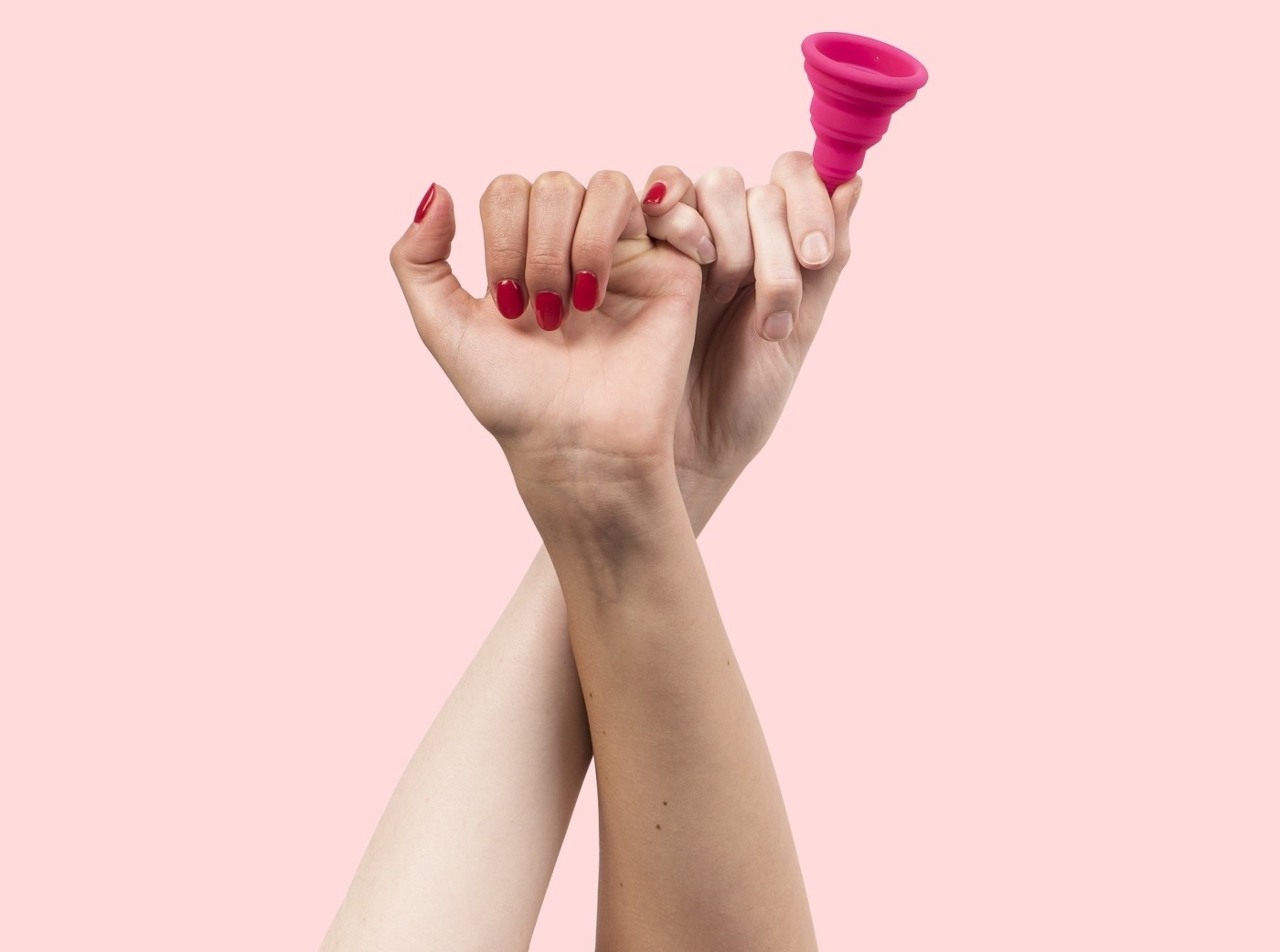It’s time to be sustainable, period
In recent months, there has a been a noticed effort to improve our relationship with the environment. With events like Extinction Rebellion and Greta Thunberg raising awareness of the damage we cause, it’s no surprise everyone is thinking green. Veganism and a zero-waste lifestyle are touted as the only way to make a difference and, while they are no doubt the most effective lifestyle changes, it can all seem a bit overwhelming. So how can we be more sustainable without making these drastic changes?
There’s a ‘bloody’ easy way! Periods, half of us have them! It is estimated that 100 billion period products are thrown away every year worldwide and 4.3 billion disposable menstrual products are used in the UK every year. Additionally, it is thought that people use around 12,000 tampons in their lifetime that contain chemicals that can not only be bad for our body, but contaminate oceans and wildlife too. This type of waste is on a colossal and universal scale, yet very few people are aware that their monthly cycle is polluting the environment. Here are five ways you can make your period more sustainable:
Menstrual Cups
Everyone that knows me has been subjected to my ravings about the wonderful menstrual cup, and for good reason! If you haven’t seen the stickers on the library bathroom doors, menstrual cups are a bell-shaped cup made from medical-grade silicone that collect period blood throughout the day. They can be washed out with water and reused, and then boiled to kill any bacteria at the end of your cycle. Most brands say their cup last for around two to four years, with some claiming up to 10 years! Not only does this save thousands of disposable products heading to landfill, but, as they cost between £10 and £20, they can save you around £40 a year! Popular brands are: DivaCup, MoonCup, and Organicup.
Reusable Tampon Applicators
In 2015, The Ocean Conservancy collected 27,938 used tampons and applicators on beaches in just one day. The crowdfunded startup DAME has just released a medical-grade reusable tampon applicator which fit all sizes of non-applicator tampons. If tampons are your thing, they recommend switching to organic cotton tampons, such as TOTM or Flo. Organic tampons don’t have any nasty chemicals like bleach and reduce the risk of TSS (Toxic Shock Syndrome), as well as being better for the environment.
Cloth Pads
This is perhaps the most ‘hippie’ of all the recommendations, but hear me out! These are cloth versions of menstrual pads in all sizes and shapes that can be washed in a washing machine and reused for years. They often have a charcoal lining that diffuses any odors and the soft fabric makes them very comfortable to wear. Some can even be compostable and biodegradable if made from materials such as hemp or cotton. With some five-packs selling for less than £12 on Amazon, they work out much cheaper than a disposable pad.
Period Pants
Gone are the days of ruining your best underwear! Thinx revolutionised the period industry a few years ago with their “period-proof underwear”. These, like the cloth pads, contain an absorbent layer that can hold up to two tampons-worth and can be washed with the rest of your laundry. They come in various styles from thong to Bridget Jones’ ‘granny pants’ and have a ‘giveback’ program that supports efforts to make menstrual products more accessible. There are now many companies who have jumped on this sustainable period train, so there’s even more options for cute, period-proof underwear.
Help make periods a public priority
Period poverty, the ‘pink tax’, and products containing harmful plastics and chemicals are all realities of having a menstrual cycle. By signing petitions, joining protests, and complaining to companies about the issues related to menstrual health, we can help make it cheaper, easier to access, and more sustainable to have a period. Tuesday 28 May was Menstrual Hygiene Day which works to provide more education on periods, break the taboos and stigma surrounding it and fund projects that provide essential sanitary infrastructure.
Periods are a fact of life for many of us, and with huge amounts of products going to waste and harming the environment, it’s essential that we start talking more about menstrual hygiene. Please consider giving one of these options a try, you may, like me, become a complete convert!

Comments